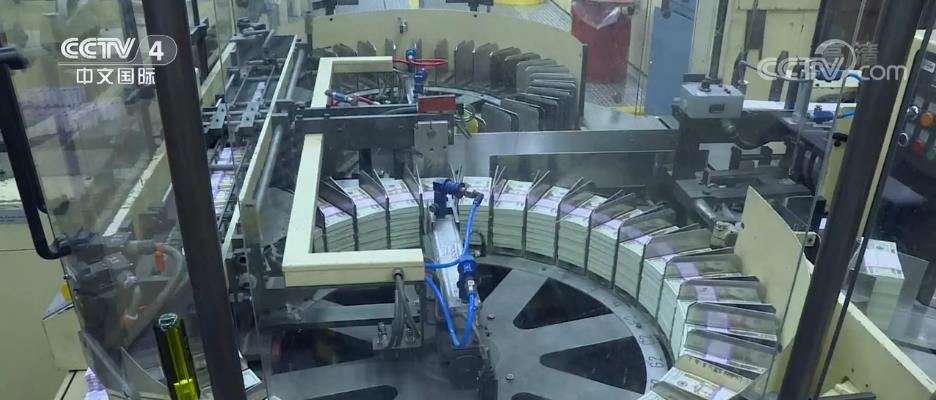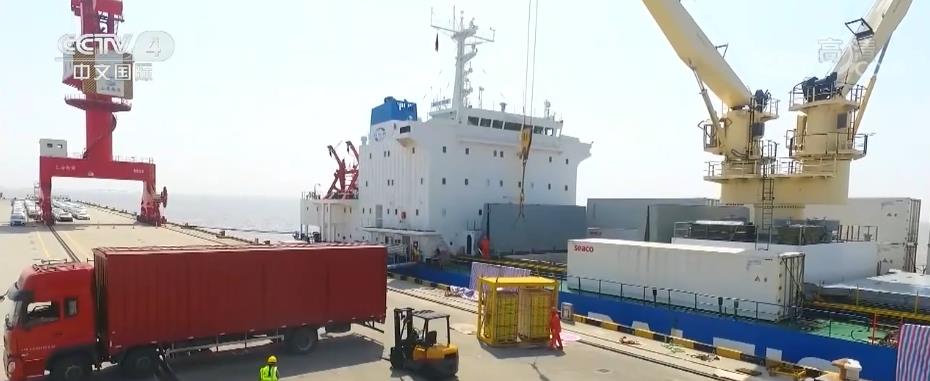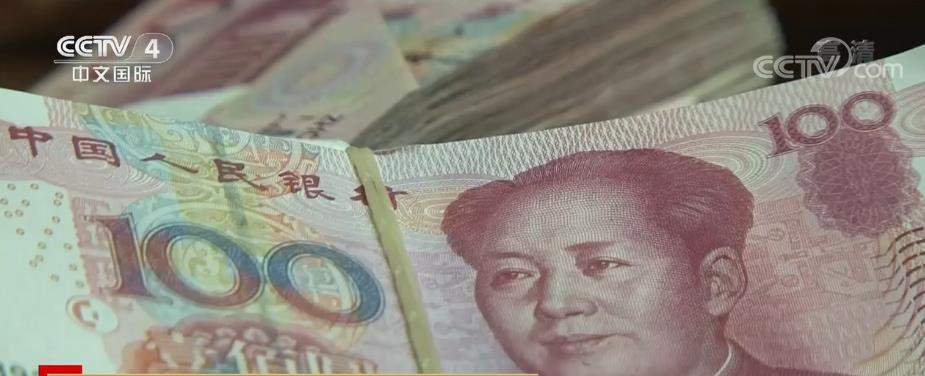News observation: Recent foreign exchange data highlights the long-term investment value of RMB assets.
CCTV News:Recently, the fluctuation of onshore and offshore RMB exchange rate against the US dollar has increased, which has aroused market concern. Analysts believe that with the increasing marketization of the RMB exchange rate formation mechanism, the flexibility of the RMB exchange rate has increased, and two-way fluctuations are the norm. The RMB exchange rate remained basically stable, with strong support and solid foundation.
The US dollar index hit a 20-year high and non-US currencies generally depreciated.

The data shows that since mid-August, mainly due to the strong response of the Federal Reserve to high inflation and other factors, the US dollar index has risen by more than 4%, and the highest has risen to more than 110, a 20-year high. In this context, non-American currencies generally depreciate, and the RMB exchange rate is relatively stable.
Expert: It is good for industries with high export and extroversion.

The insiders believe that exchange rate fluctuations have advantages and disadvantages, and the moderate depreciation of RMB will further enhance the price competitive advantage of some industries with relatively high export share and increase the profits of export-oriented enterprises. However, if you use too many imported raw materials and spare parts, you will also increase your expenses due to the exchange rate.
The fluctuation of RMB exchange rate has little influence on ordinary people.

For the people, if they buy non-imported products in China, exchange rate fluctuations have little impact, but recently, through cross-border e-commerce Haitao and settlement of imports in US dollars, the price of RMB to be paid will become more expensive. In addition, the rising exchange rate means that the cost of purchasing foreign exchange will increase, and the cost of studying abroad will increase.
Expert: RMB does not have the basis for continuous depreciation.

Talking about the future trend of the RMB, the insiders believe that the exchange rate of the RMB against the US dollar has recently "broken 7", which has released various pressures that have caused depreciation in the short term. There is a strong support and solid foundation for the RMB exchange rate to remain basically stable. Two-way floating is the norm and there will be no "unilateral market". Judging from China’s economic fundamentals and the relationship between supply and demand, the RMB has no basis for continuous depreciation.
Recent foreign exchange data highlights the long-term investment value of RMB assets.

According to the latest data from the State Administration of Foreign Exchange, in August, the net inflow of cross-border funds under the trade in goods continued to be relatively large, while the inflow of foreign capital through direct investment and other channels increased steadily, highlighting the long-term investment value of China market and RMB assets.